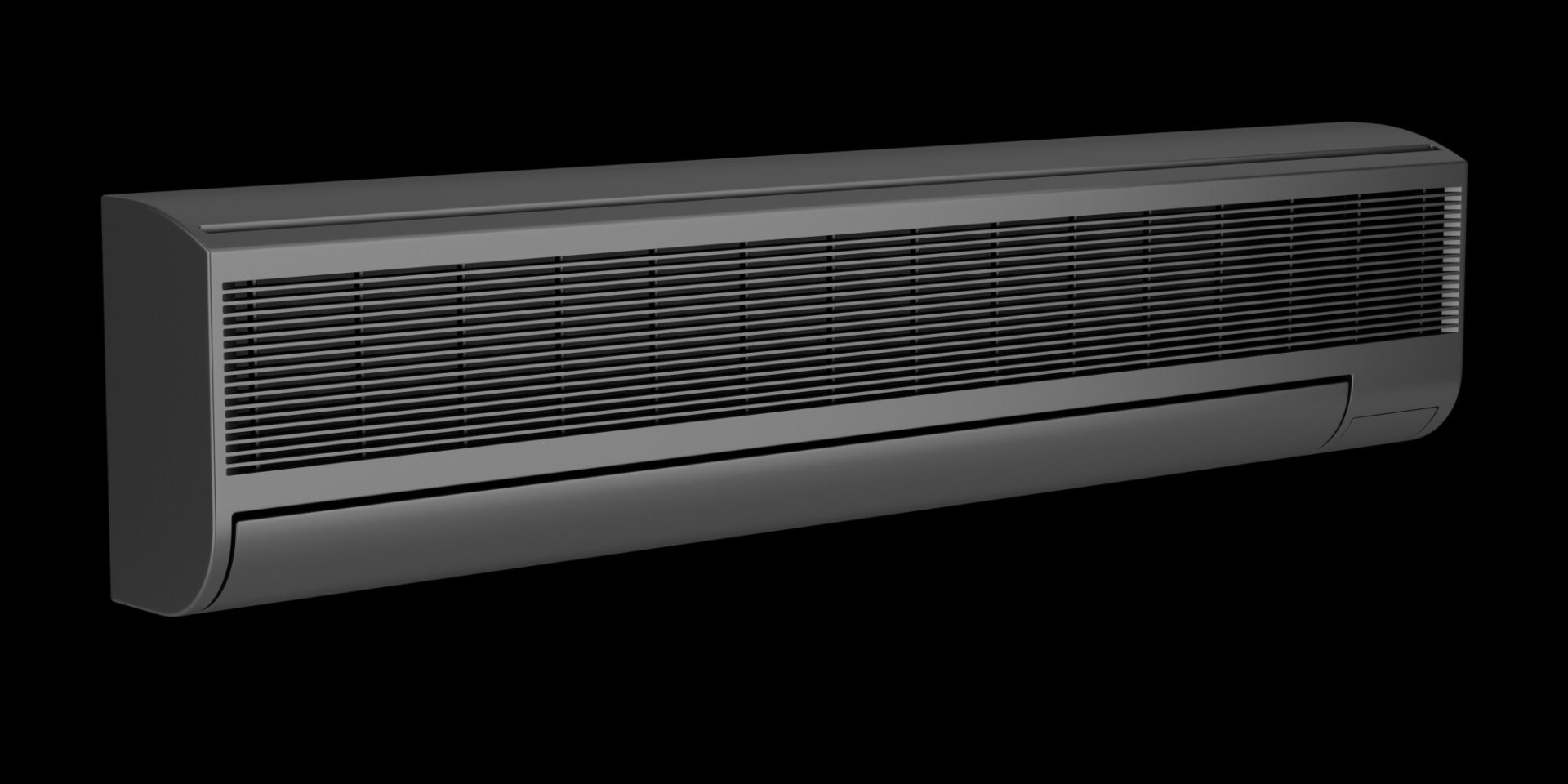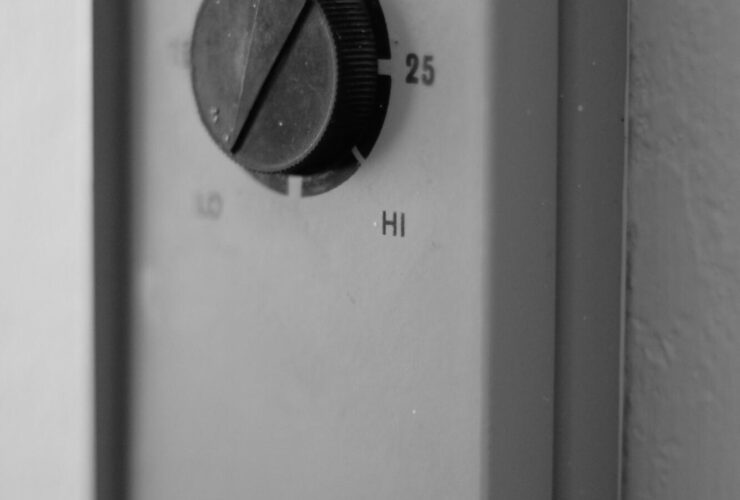Cape Coral, FL Air Conditioning Mold: 5 Things to Pay Attention To
In 2021, 220,890 people moved to Florida from another part of the United States. Only Texas in the entire country welcomed more transplants. And with great weather all year round, it’s easy to see why so many people love Florida! But there’s a downside to those warm, sunny, humid summers Florida gets each year. They create the perfect conditions for mold growth. It’s something we’d rather not think about, but if your Florida air conditioning isn’t up to snuff, you’ll be battling the black stuff all summer long.
Let’s take a closer look at 5 things you need to know about mold and Florida air conditioning!
1. Mold from ACs Can Cause Health Problems
Mold is everywhere and it is not always harmful to our health. If you’ve got a large mold infestation, you can usually either see it or smell it.
According to the CDC, mold affects people’s health in different ways. Some people seem to be unaffected. In other people, it can cause:
- Sinus congestion
- Wheezing
- Itchy eyes
- Itchy skin
Some reports indicate that early exposure to mold could even lead to children developing asthma. People with allergies are also more sensitive to mold than others.
Mold loves humidity and Cape Coral can be a pretty humid place. The average humidity is in the mid to high 70s in percentage terms throughout the summer. So regular AC maintenance is important to regulate humidity levels during the peak of the summer.
2. Your AC Can Keep Mold at Bay
To keep mold in check, your home needs to be well ventilated and maintain a low level of humidity. When your AC is functioning correctly, it’s very good at both jobs.
Different molds grow well at different temperatures, but most like it between 60 to 80 degrees Fahrenheit. That’s the temperature most of us like as well. But if you keep your AC set to the low 70s during the summer, you’ll be able to control the development of many molds.
The other way that your AC can help to prevent mold is by keeping humidity levels below 60%. This is a comfortable level for humans. If the relative humidity inside your house stays higher than 70% for an extended period of time, you’re likely to get mold problems. This puts summer in Cape Coral firmly in the danger zone!
That’s why scheduling HVAC maintenance during the spring or early summer is so important. This will make sure that your system is up to the challenge when summer gets seriously sticky.
3. Your AC Can Make Mold Worse
If your AC is poorly maintained, it can make mold worse. If your AC is too big or too small for the space, mold can flourish. Also, aging ACs that are nearing the end of their life may not be as effective at removing humidity from the air.
Another common AC problem that causes mold is dirty filters. If your filters are dirty and clogged, rather than stopping mold, they can actually harbor it. Make sure you keep up with your air filter changes to prevent this issue.
The evaporator coil and condensate drain can both develop mold when humidity levels are very high.
The evaporator coil won’t work as efficiently if it’s covered in a layer of mold. That’ll cause it to draw more power and work harder yet still not achieve the level of comfort you want.
These mold spores can then get blown around your house. That means that you’re potentially breathing in toxic mold and it’s being transported to places it can settle and colonize.
The condensate drain lets condensation drain away outside the house. If it gets moldy, it can clog the drain. This will back the system up and probably cause the AC to shut down.
4. Professional AC Cleaning Removes Mold
If mold develops in your evaporator coil or condensate drain, it can cause serious issues.
The solution to both of these problems is to call in a Cape Coral HVAC repair and cleaning service. They’ll diagnose the issue and then safely remove any mold that has built up around the evaporator coils or condensate drain.
Don’t be tempted to try a DIY solution. Without proper training, it’s easy to damage the evaporator coil and the drain.
When thinking about how to prevent mold, don’t forget your air ducts. They transport filtered air around the house but can get dusty and dirty. If they’re exposed to high levels of humidity, it’s easy for mold to develop in them too.
When you call in a company for HVAC maintenance, ask them to check your ducting. If it is not properly sealed or has holes, it needs to be repaired. And every three to five years, you need to have the ducting thoroughly cleaned.
5. Mold Not Going Away? You May Need a New AC System
If your AC system is getting old or is not the right size for your home, a new AC system may be the best solution.
Age is not the only factor in deciding when to replace your AC. The make and how well it has been maintained play a big part. But it may be more cost-effective to look at replacing your AC.
A new one will use less electricity and do a better job of removing humidity from the air.
If your AC is too large, it will quickly cool your home down to the desired temperature and then shut off. The problem is that this doesn’t allow enough time to dehumidify the air. This means that humidity remains in the air, condensates, and leads to mold developing.
Get Rid of Mold With Great Florida Air Conditioning
Mold does not have to be a part of your life with great Florida air conditioning. If you’re battling mold, call in the professionals at Florida Cooling Solutions, Inc.
Our team has more than 50 years of combined experience in AC repair and maintenance. If your Cape Coral AC is letting mold develop in your house, call in the cavalry. We’ll get to the root of the problem and put it right for you.
Call us at (239) 312-9637 or schedule a service online today!




